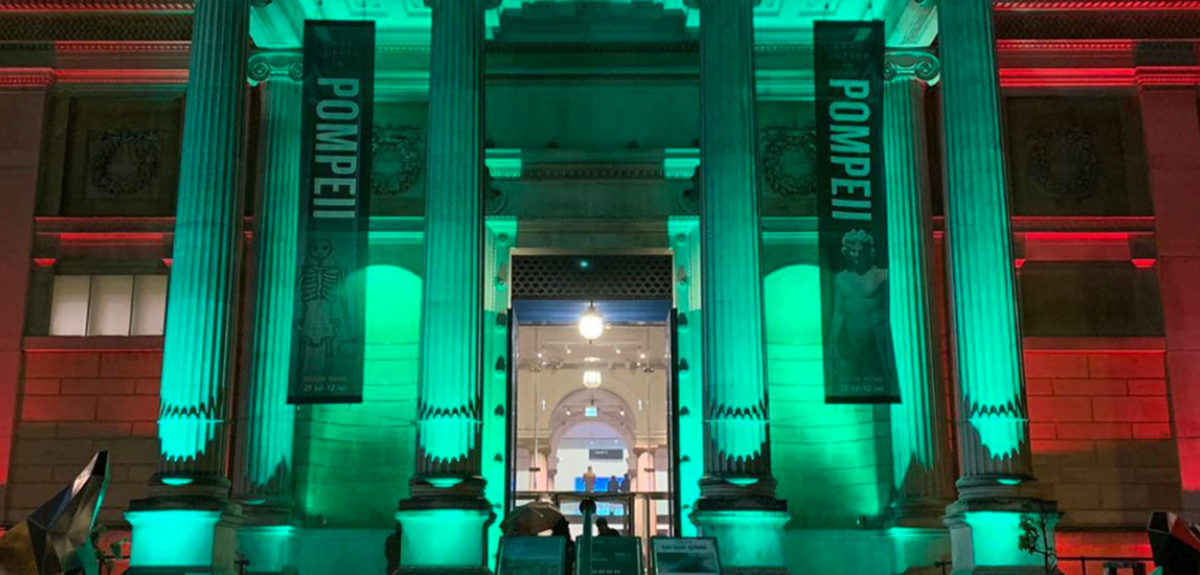
Online events apply the humanities to today’s big questions
What can history teach us about tackling pandemics? How can they shape our response to climate change? These questions are being explored in a new series of live, virtual events from the Humanities Cultural Programme.
While physical events are not be possible in Oxford this term, the ‘Big Tent! Live Events!’ series will bring together Oxford academics, leading figures in the arts and even pop stars like Jamelia. They will discuss the biggest questions of our day through the lens of research.
Events will be streamed live at 5pm every Thursday, and the recording will be made available online shortly afterwards.
Dr Victoria McGuinness, Head of Cultural Programming, said: "Although it is disappointing not to be able to bring people together for these events, moving to digital actually lets us reach bigger and more global audiences than would otherwise be possible."
Thousands of people from around the world took part in the first events, and we invite everyone to tune in, listen and type out your thoughts and questions for our speakers every week from 5pm.”
Some of the events so far have been very relevant for our present circumstances. Last month, Professor Sally Shuttleworth (English Faculty) and Professor Erica Charters (History Faculty) explored the treatment of health and disease in the past, particularly in the 18th and 19th centuries when invalids were actively encouraged to travel.
Earlier this month, Professor Abigail Williams explained her research into the history of reading aloud and performance at home in the 18th century. Back then, drawing rooms regularly hosted book groups, tea parties, amateur dramatics and singing. In discussion with Giles Lewin, she gave her thoughts on the revival of domestic entertainment while we have been in lockdown.
Last month, Emma Smith, Professor of Shakespeare Studies, marked the Bard’s birthday in a discussion with Erica Whyman OBE, Deputy Artistic Director of the Royal Shakespeare Company.
Shakespeare, it turned out, did some of his writing while in quarantine to avoid the plague.
In the first event to be held, anthropologists Dr Elizabeth Ewart and JC Niala discussed human relationship to cities, and JC Niala’s doctoral research into 'guerrilla gardeners' who operate in cities such as London and Oxford.
Future events will include a discussion of the world after Covid-19 on 18 June. This will be a conversation between Professor Ngaire Woods (Dean of the Blavatnik School of Government) and Professor Peter Frankopan (History Faculty), who will bring together complementary expertise in present day governance and lessons from history.
On 7 May, Professor Philip Bullock (Modern and Medieval Languages) and Dr Leah Broad (Music Faculty) celebrated the 180th anniversary of the birth of Tchaikovsky with a discussion of how the Russian composer became such a revered figure.
The full list of past and upcoming events can be found here:
https://torch.ox.ac.uk/article/launch-big-tent-big-ideas
The Humanities Cultural Programme is part of the Stephen A. Schwarzman Centre for the Humanities. It will benefit from state-of-the-art facilities including a 500-seat auditorium, when the building the opens, which is schedule for the academic year 2024/25.